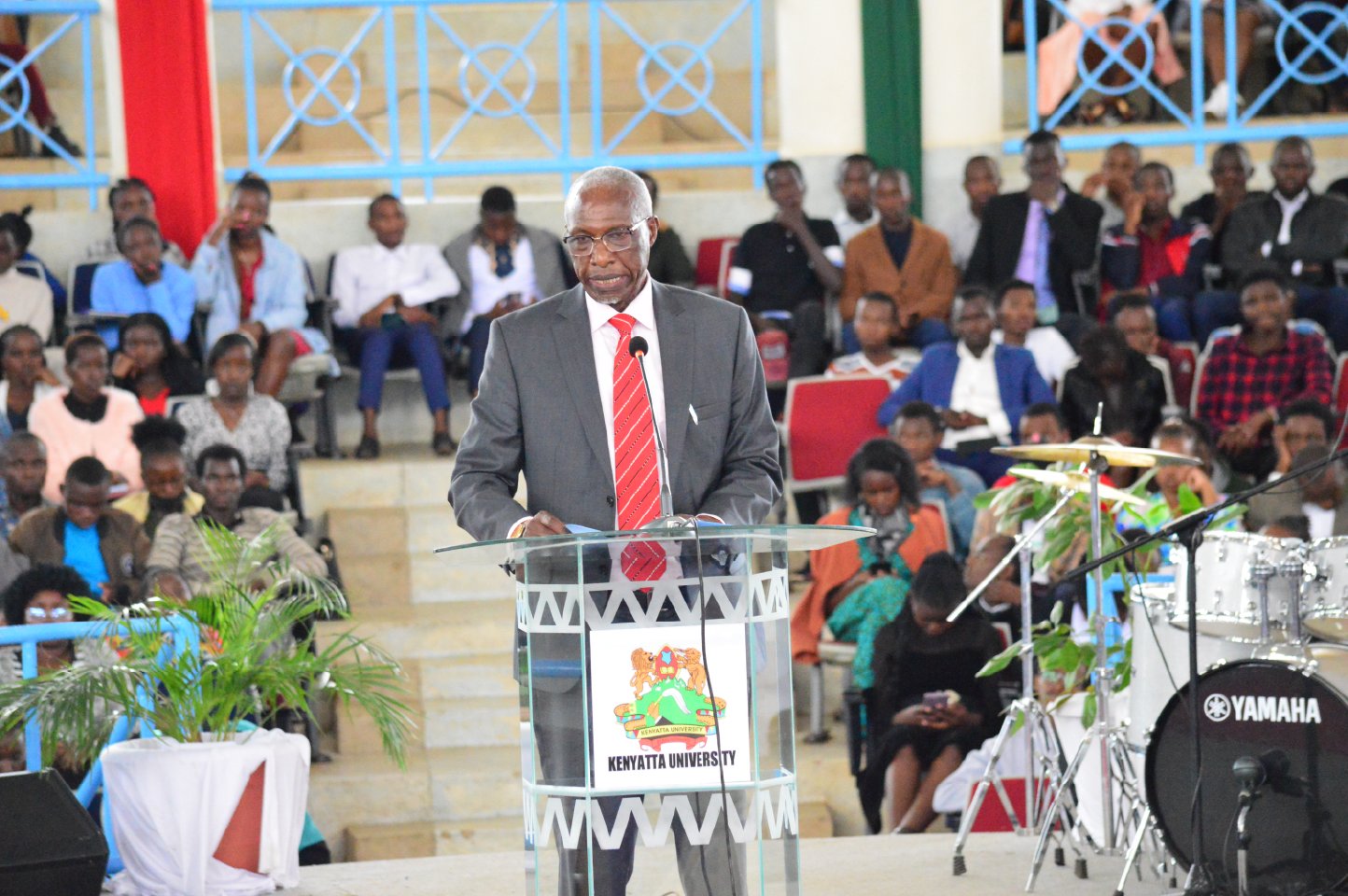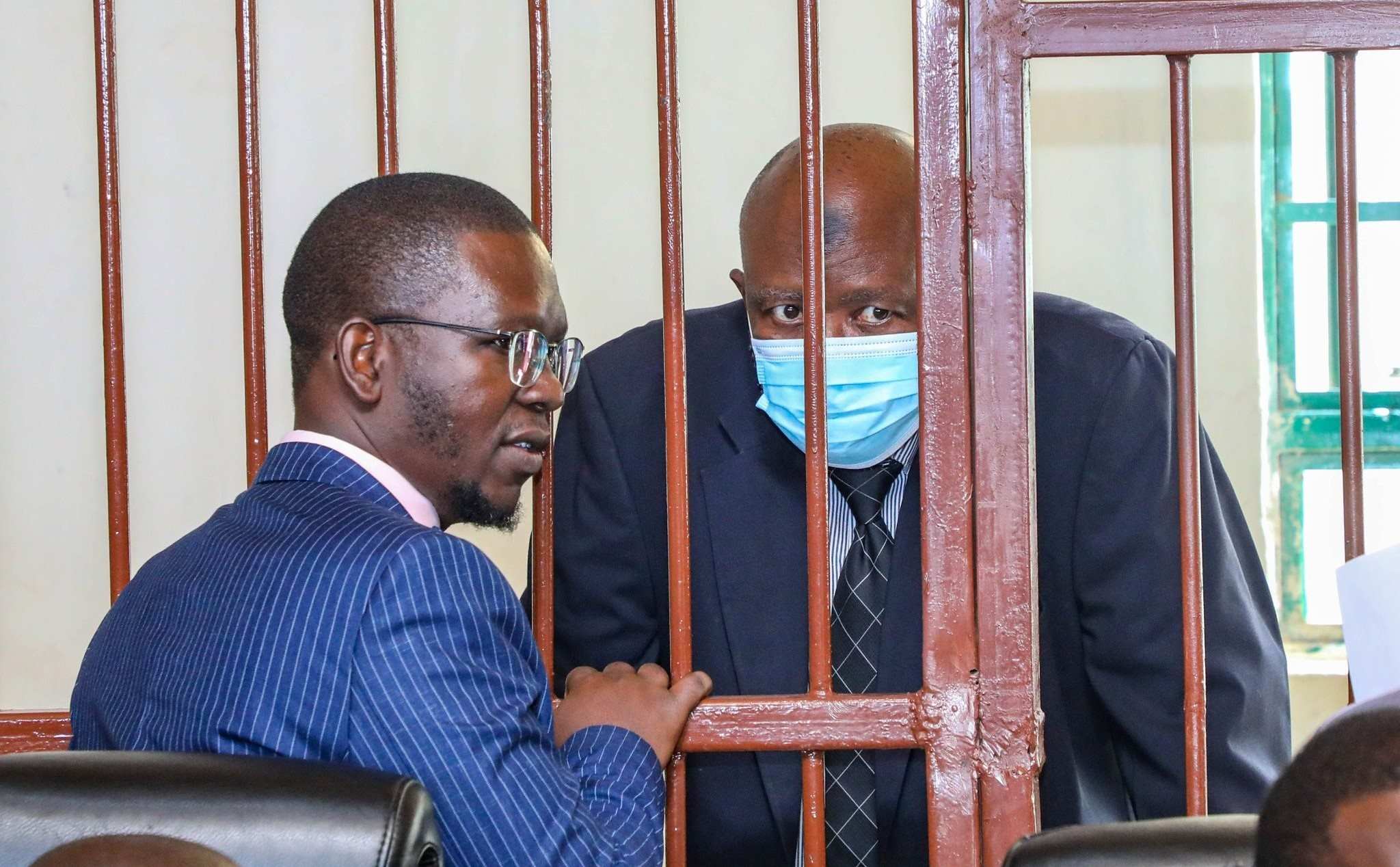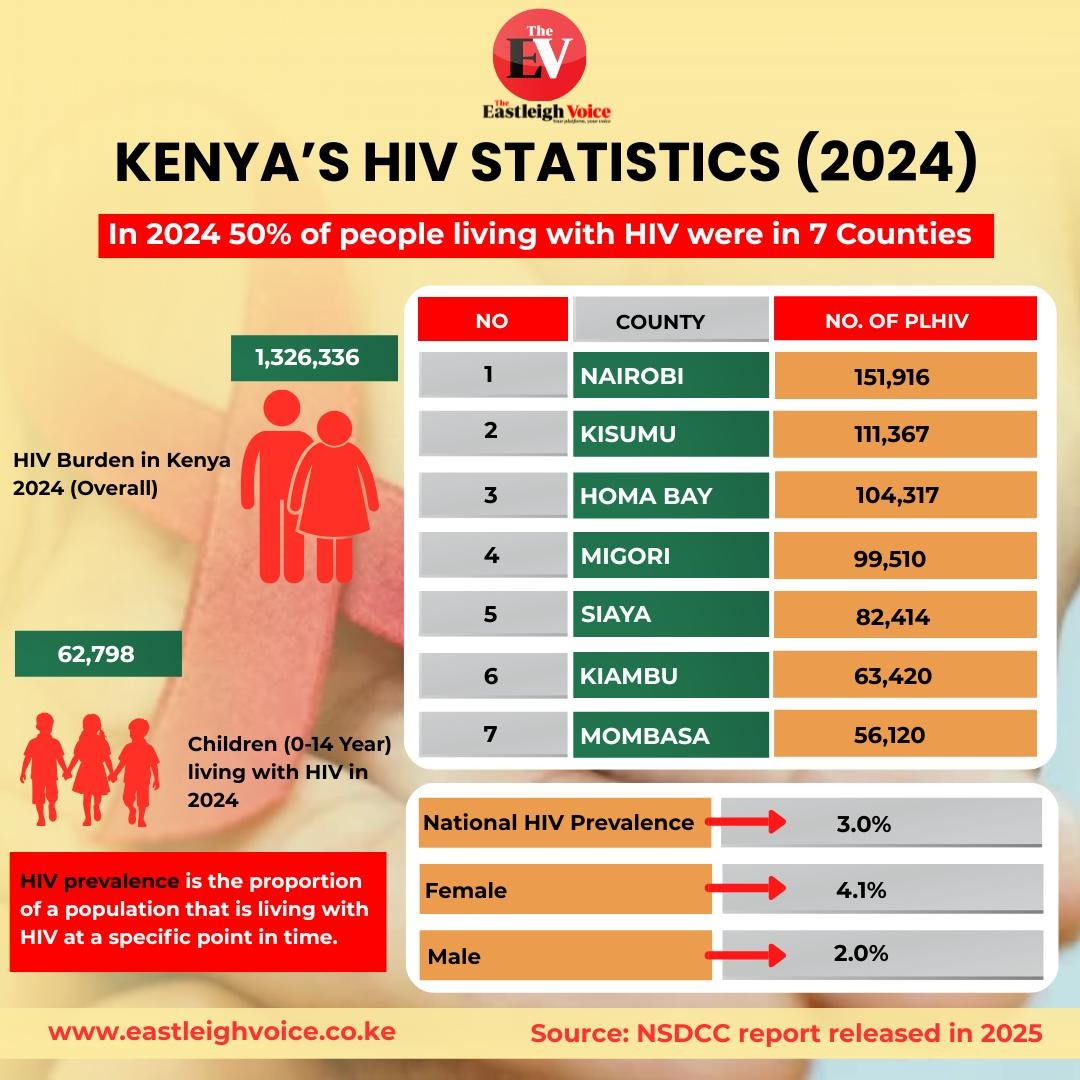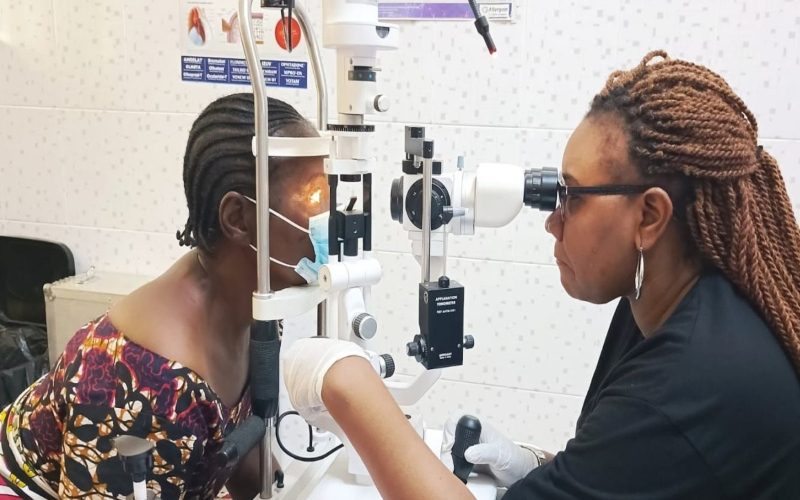Senate flags 24 State agencies still performing county functions
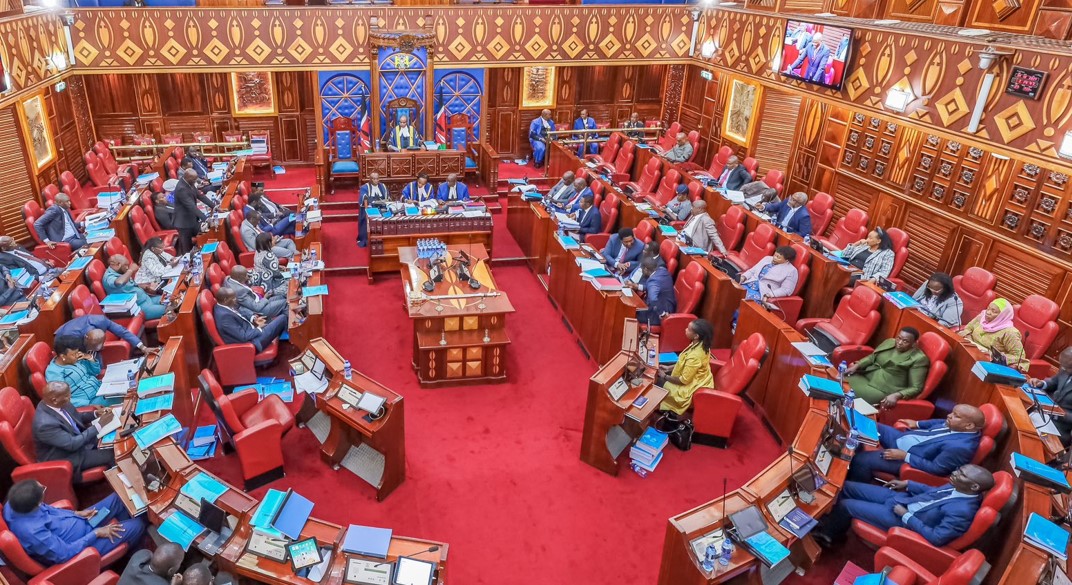
The issue came into sharp focus after REREC was summoned to explain why it continues to oversee rural electrification, a responsibility classified as devolved under the Fourth Schedule of the Constitution.
National agencies are increasingly performing duties meant for county governments, raising fresh concerns over the slow implementation of devolution.
The Senate Standing Committee on Devolution and Intergovernmental Relations (IGRTC) revealed that at least 24 state corporations are still carrying out roles that the Constitution assigns to counties, up from 18 in 2013.
More To Read
- Senate’s handling of Nyaribo impeachment raises questions on oversight role, procedures
- Senate targets KEMSA in plan to turn devolved institutions into executive agencies
- Over 16,000 in the dark as Kenya Power struggles to procure essential meters, transformers
- Treasury’s plan to abolish six development authorities raises fears over 423 projects, 1,500 jobs
- Why City Hall moved hospital accounts to Sidian Bank- Sakaja
- Kenya moves to end power shortages and lower electricity costs
The committee says this trend persists despite repeated government resolutions to transfer or dissolve such entities, creating duplication and confusion in local service delivery.
“The Constitution is clear that functions should be exercised by the level of government best placed to perform them effectively,” said committee chairperson Senator Mohamed Abbass.
He noted that national agencies encroaching on devolved roles include the Rural Electrification and Renewable Energy Corporation (REREC), Kenya Medical Supplies Authority (KEMSA), and the National Environment Management Authority (NEMA).
“It is deeply concerning that more than ten years after devolution began, national entities continue to run devolved services using budgets that should rightly belong to the counties,” Mohamed added.
The issue came into sharp focus after REREC was summoned to explain why it continues to oversee rural electrification, a responsibility classified as devolved under the Fourth Schedule of the Constitution.
REREC Chief Executive Officer Rose Mkalama defended the agency, citing the Energy Act, 2019, which mandates the corporation to manage rural electrification and renewable energy programmes nationwide.
“We are operating within our statutory mandate, as defined in the Energy Act. Our work has increased rural electricity access from four per cent in 2004 to about 75 per cent today, ensuring equitable development across all regions,” Mkalama said.
Senators pressed whether REREC’s nationwide operations aligned with devolution principles. Vice Chairperson Senator Catherine Mumma asked why counties had not yet taken over these functions.
“The reason we have called you is to ask why you continue to perform devolved functions. Do you intend to do the job indefinitely without involving the counties?” Mumma questioned.
Mkalama explained that electricity distribution and regulation are shared responsibilities between the national and county governments. She said REREC partners with counties through Memorandums of Understanding (MOUs) and Matching Fund Programmes to identify and co-finance projects.
“Through these partnerships, we have mobilised about Sh4 billion in additional funding for county electrification projects,” she said, adding that such collaboration prevents duplication and strengthens local ownership.
Other national bodies noted for taking on county roles include regional water services boards, river basin development authorities, NACADA, KEMSA, and the Kenya National Library Service.
Some are set for dissolution under the 2025 Cabinet reform plan, while others continue operating. Senator Mumma suggested that agencies like REREC could be restructured into intergovernmental bodies jointly managed by national and county governments.
Top Stories Today

